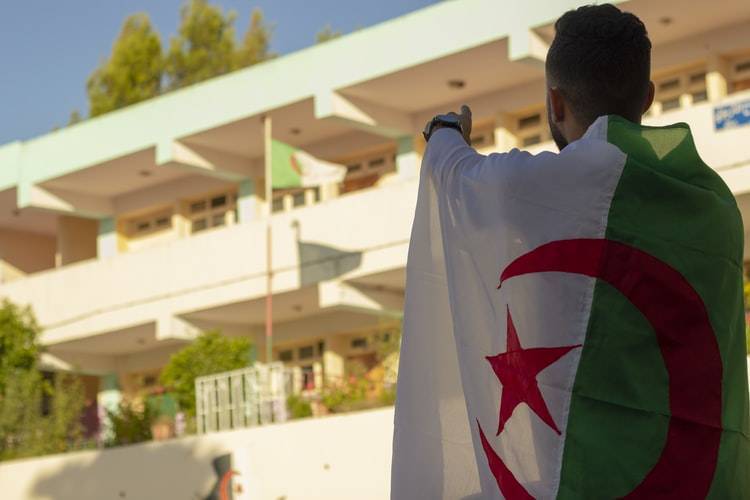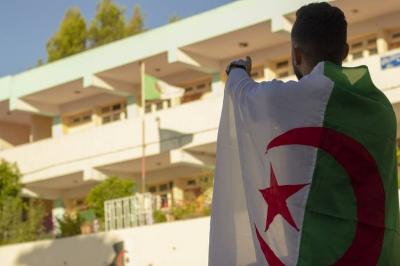On Sunday, the Algerian government intensified its measures to combat the coronavirus, pledging to accelerate vaccination rates in response to rising infections attributed to the spread of the Delta variant. A curfew has been extended from 8:00 PM to 6:00 AM local time starting Monday for a period of 10 days in 35 out of the country’s 58 provinces, including the capital, Algiers, according to a statement released after a cabinet meeting chaired by President Abdelmadjid Tebboune.
This decision is accompanied by new strict measures concerning recreational activities during the summer holidays, coinciding with a heatwave in Algeria. Gyms, youth centers, cultural centers, and recreational spaces, particularly beaches, will be closed in the 35 affected provinces. Cafés and restaurants will not be allowed to serve at tables and will be limited to takeout orders only. Additionally, public and private urban transport will be suspended during the weekends across the country.
Tebboune has ordered an increase in vaccination rates in densely populated provinces, identified as primary sources of infection, setting an immediate goal of vaccinating 2.5 million people in the capital and achieving a 50% vaccination rate among the populations of Oran, Constantine, Setif, and Ouargla, as per the statement. Epidemiologists indicate that at least 20 million people must be vaccinated in Algeria to achieve herd immunity.
On Saturday, the Algerian Ministry of Pharmaceutical Industry announced that the country will locally produce the Chinese "Sinovac" vaccine against COVID-19. A delegation of Chinese experts arrived in the country on Friday to inspect the equipment and facilities for the production of the "Sinovac" vaccine. Months ago, Algeria announced that it would begin producing the Russian "Sputnik V" vaccine on its territory starting in September.
Since the onset of the pandemic, Algeria has officially recorded more than 160,000 COVID-19 cases and over 4,000 deaths. On Friday, the country reported a new record for daily infections, reaching 1,350 cases, according to the Ministry of Health. Meanwhile, the Pasteur Institute in Algeria stated on Sunday via its Facebook page that the Delta variant represented 71% of circulating viruses as of July 15, and it is expected to exceed 90% in the coming weeks.




